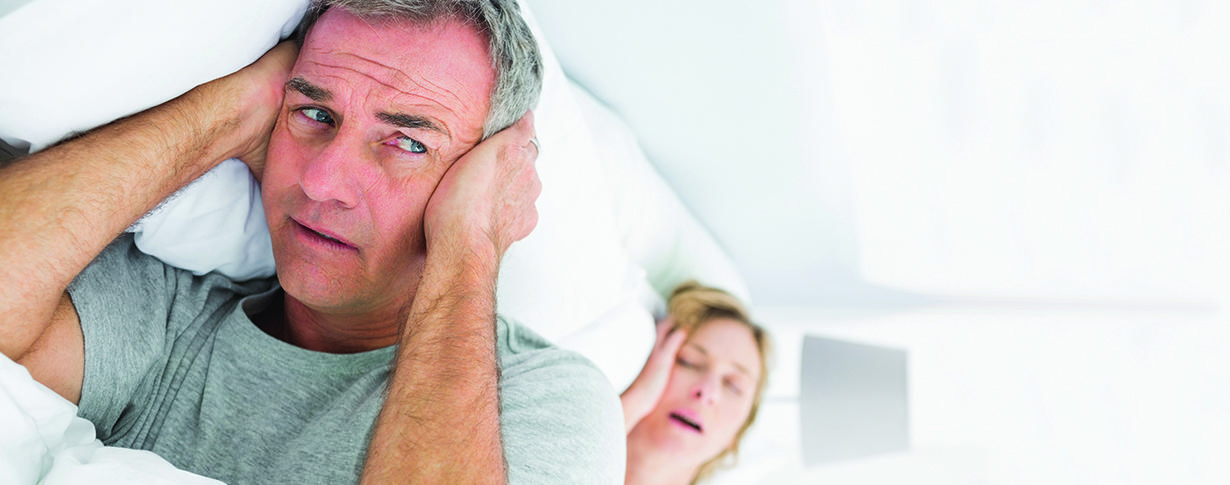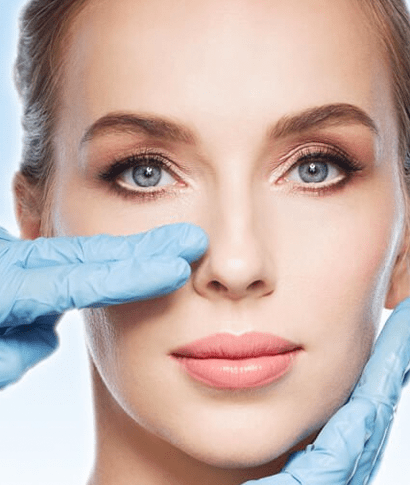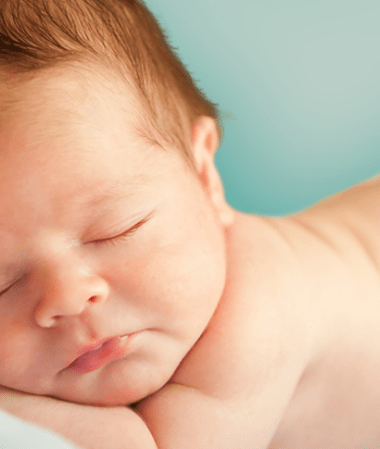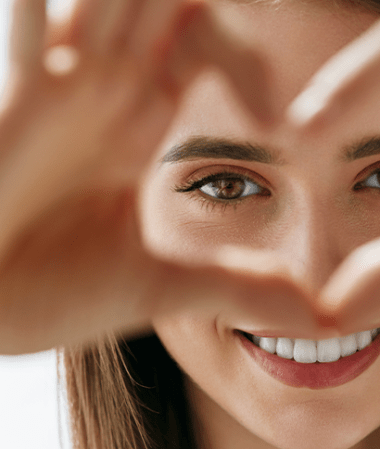Polysomnography (Sleep Test)
POLYSOMNOGRAPHY (PSG)
(SLEEP TEST)
Sleep Apnea Test
The sleep apnea test is the most important step in the detection and treatment of the disease. The sleep apnea test called “polysomnography” is a test in which brain activity and respiratory events are recorded all night long.
Polysomnography, a sleep apnea test, is based on the measurement of brain waves, eye movements, airflow from the mouth and nose, snoring, heart rate, leg movements and oxygen levels during sleep. In order to have a sleep apnea test, patients must stay in a sleeping room for one night. During the test, the signals received with cables connected to various parts of the body are transferred to the computer outside the room. By examining these records taken until the morning, many parameters such as how many times breathing stops during sleep, how long it stops, how oxygen values and heart rate are affected when it stops, and whether or not to fall into a deep sleep can be looked at.
Test Your Sleep!
- I have trouble falling asleep 2-3 nights a week.
- In the evening or when I go to bed, I feel a restlessness in my legs that I cannot name.
- The idea that I will not be able to sleep worries me from the evening hours.
- I have to constantly move my legs in bed.
- My legs can cramp at night.
- Despite getting enough sleep, I feel tired and sleepy during the day.
- I wake up at night with the feeling of not being able to breathe.
- My snoring is said to be loud enough to be heard from adjacent rooms.
- It is said that my breathing stops during sleep.
- I have to go to the toilet at least once a night.
- I have sweating on my head, neck or chest at night.
- I wake up in the morning tired and with a headache.
- I can fall asleep in meetings, while reading or watching TV.
- I can’t drive for as long as I used to because of sleepiness.
- During the day, I experience unbearable sleepiness attacks from time to time.
- I dream very often.
- It is said that I wake up screaming and afraid at night and have aggressive movements.
If you answer yes to three or more of the questions above, you may have a sleeping disorder. Sleeping disorders can cause much more serious health problems, as well as disrupting your daily activities and social life.







